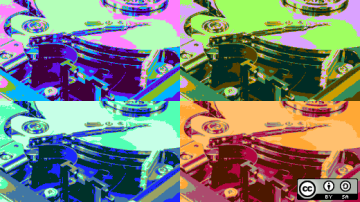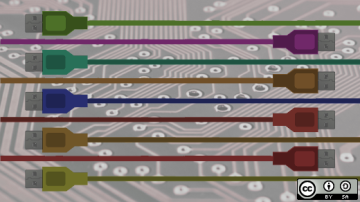
David Both is an Open Source Software and GNU/Linux advocate, trainer, writer, and speaker. He has been working with Linux and Open Source Software since 1996 and with computers since 1969. He is a strong proponent of and evangelist for the "Linux Philosophy for System Administrators."
He has written articles for magazines including, Linux Magazine, Linux Journal, and OS/2 Magazine back when there was such a thing. He currently writes prolifically for OpenSource.com. He particularly enjoys learning new things while researching his books and articles, building his own computers, and helping his grandchildren build their computers. He has found some interesting
and unusual ways of problem solving, including sitting on one computer on which he was working.
David has published five books with Apress. Four solo works, “The Linux Philosophy for SysAdmins,” August 2018, and a three volume self-study training course, “Using and Administering Linux — From Zero to SysAdmin,” released in December, 2019. He has also written one book with co-author Cyndi Bulka, "Linux for Small Business Owners" that was released in 2022.
David currently lives in Raleigh, NC, with his amazing and supportive wife, Alice.
He can be reached via email at LinuxGeek46@both.org or on Mastodon at @LinuxGeek46@linuxrocks.online.







Authored Comments
Even in a team of one there is need and means for doing something like this. For myself, I call it a "lessons learned" session.
I find a quiet space and get my yoga Zen on. I review the problem, its symptoms, how the tasks of problem determination and problem resolution unfolded, and places in that sequence where I got off on the wrong track and why. Sometimes I add technical information to my web site to use as a memory aid for the next time I encounter these symptoms or something similar.
You are correct; you can add swap space without turning off the existing swap space. It is much safer to stop as many programs as possible and turn of any existing swap space -- *if possible*. Also, preallocating the swap file as you have makes the swap file a bit faster than allocating it when it is needed. The scenario I used is a bit more ideal than yours.
As with almost everything Linux there are many options for everything you might need to do. The one that works best for you is clearly the one you should use.
Thanks for your comment.